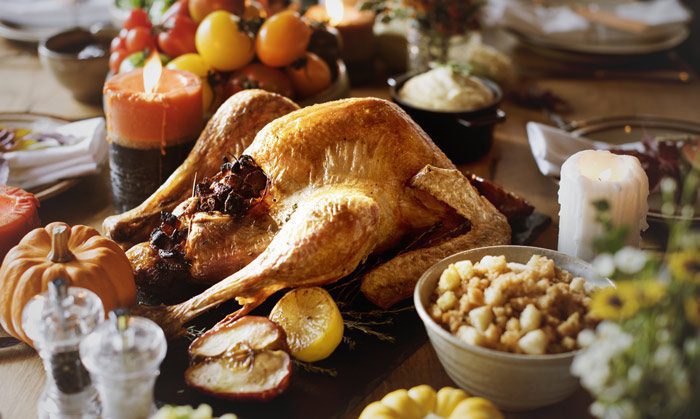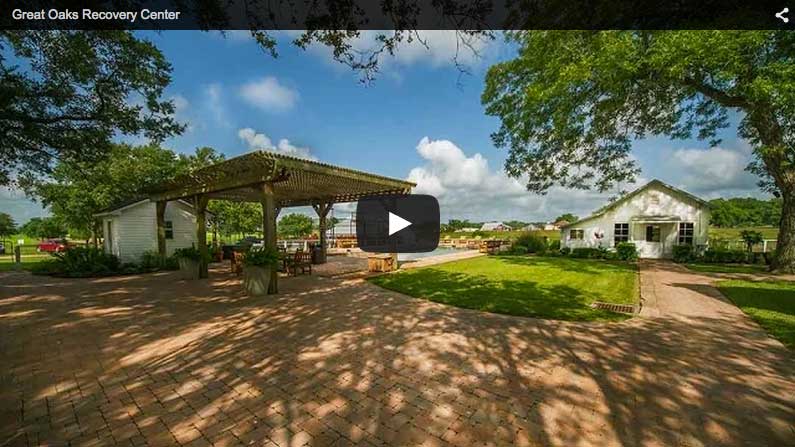 If you are recovering from a substance use disorder or supporting someone in recovery, the holidays may pose a huge source of anxiety. They can serve as a reminder of past holidays gone wrong or of a time when alcohol could provide an escape from family tensions.
If you are recovering from a substance use disorder or supporting someone in recovery, the holidays may pose a huge source of anxiety. They can serve as a reminder of past holidays gone wrong or of a time when alcohol could provide an escape from family tensions.
Drinking & the Holidays
Thanksgiving, historically, is an American holiday of food, drink, and merriment. But how do we ensure a good time without alcohol? This post offers several ways in which Thanksgiving hosts or guests in recovery can enjoy the day while ensuring a safe and sober environment.
For Thanksgiving hosts:
The amount of stress-induced by cooking for and hosting a large number of family members or friends may appear daunting, never mind trying to host a party that doesn’t feature–or allow–alcohol.
The easiest way to provide an alcohol-free environment is to communicate clearly to every guest that you will not serve alcohol and do not want them to bring their own. Psychology Today offers some viable, effective ways of communicating this rule. Most importantly, remember that, as the host, you are allowed to set boundaries. Communicate clearly. A simple, “This will be an alcohol-free dinner/party. Mocktails and games will be provided–you might be surprised at how much fun we can have sober!”
If anyone gives you a difficult time, you can gently remind them that they should not feel obligated to attend.
If you are not in recovery yourself but hosting a party that people in recovery will be attending, you can help guarantee a safe and sober holiday for them by doing the following:
- Lock away all medications and alcohol unrelated to the party. Make sure to have alcohol-free holiday drinks to accommodate everyone. Clearly label the drinks served.
- Help to focus the day on something other than alcohol. Suggest that everyone share something they are grateful for; plan an after-dinner walk; offer games and puzzles as entertainment.
- Keep the dinner conversation as stress-free as possible. Ban politics as a topic at the table, as well as any topic that has a history within your group of being volatile.
Have a strict time frame for the event. Telling everyone when to arrive AND depart gives them a clear idea of how long they need to ‘behave.’
For Thanksgiving Guests:
If you do not struggle with substance abuse disorders, be sensitive to those who might. Don’t bring alcohol or drugs to the event, and don’t badger anyone about why they aren’t drinking.
If you are in recovery, have a game plan in place before you attend the event–including an escape plan in case the party becomes too triggering for you. In addition:
- Have a memorized generic response for people who may ask you why you’re not drinking or engaging in recreational drug use. Something as simple as, “I’m taking a break” can suffice. You don’t owe anyone additional information.
- Line up someone from your sober support network to be on call for you during the event, to talk or text if you’re feeling upset.
- Communicate with the host of the event that you need to remain sober, so that they understand if and why you may need to leave early.
- Be sure to get enough sleep and hydration before the event.
- Remember that it’s okay to bail on the event last-minute in order to stay sober. If you feel too tired, lonely, nervous, or apathetic to attend a Thanksgiving party, don’t go! You have no obligation to go, and your health is of the utmost importance.
Gratitude
Remember that Thanksgiving is about gratitude. Practicing gratitude helps us to develop a more positive mindset in general. Simply reminding ourselves of what we are grateful for during Thanksgiving, or any day, leads to better relationships, better health, and, and greater happiness. And no matter what Thanksgiving brings, using the tools you’ve learned in recovery to manage stress and deal with cravings will help you survive–and maybe thoroughly enjoy–the day.
We Are Here for You or Your Loved Ones
If you or a loved one is struggling with substance use disorder, we can help. Our treatment team at Great Oaks Recovery Center in Lubbock, TX, has the compassion and expertise to help our clients achieve long-term sobriety. We are open throughout the holiday season. It’s never too late to reach out for help.
If you or someone you love is in need of alcohol or drug treatment, contact our drug rehab center in Texas anytime, at (877) 977-3268. We are here to help.
Sources:
- psychologytoday.com/us/blog/heartache-hope/201311/you-and-the-alcoholicaddict-the-holiday-dinner
- psychologytoday.com/us/blog/ending-addiction-good/201711/seven-tips-enjoying-family-thanksgiving-celebration
- psychologytoday.com/us/blog/the-high-functioning-alcoholic/201912/happy-sober-holidays


